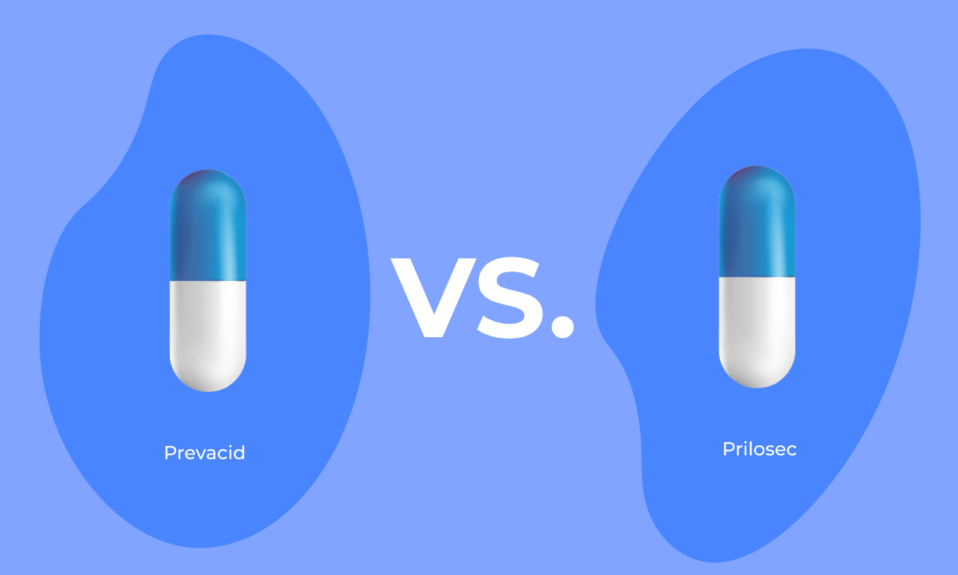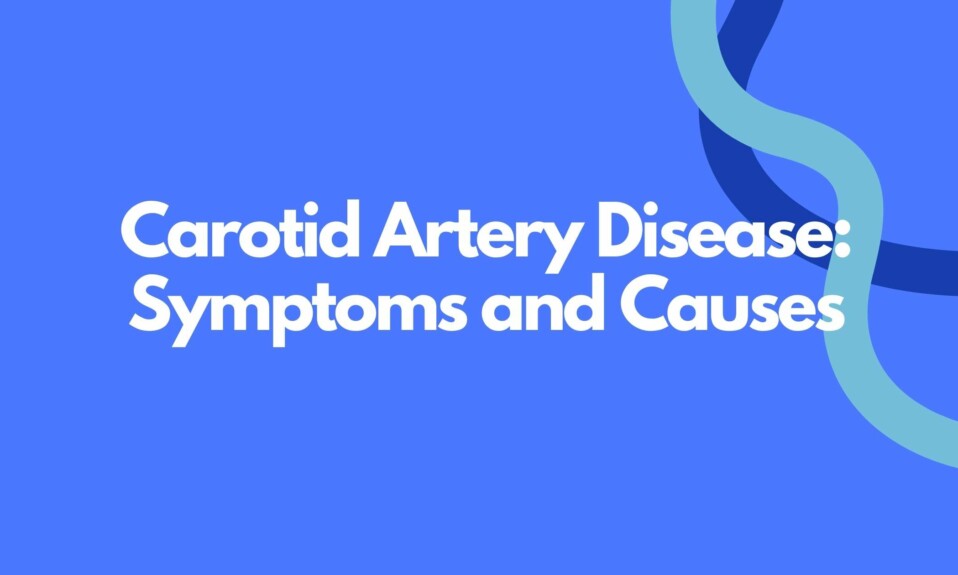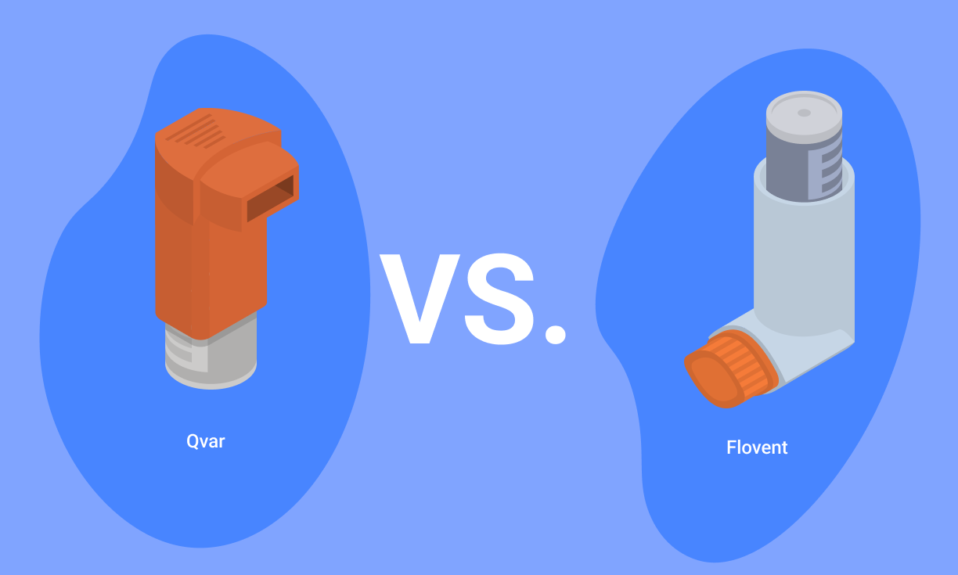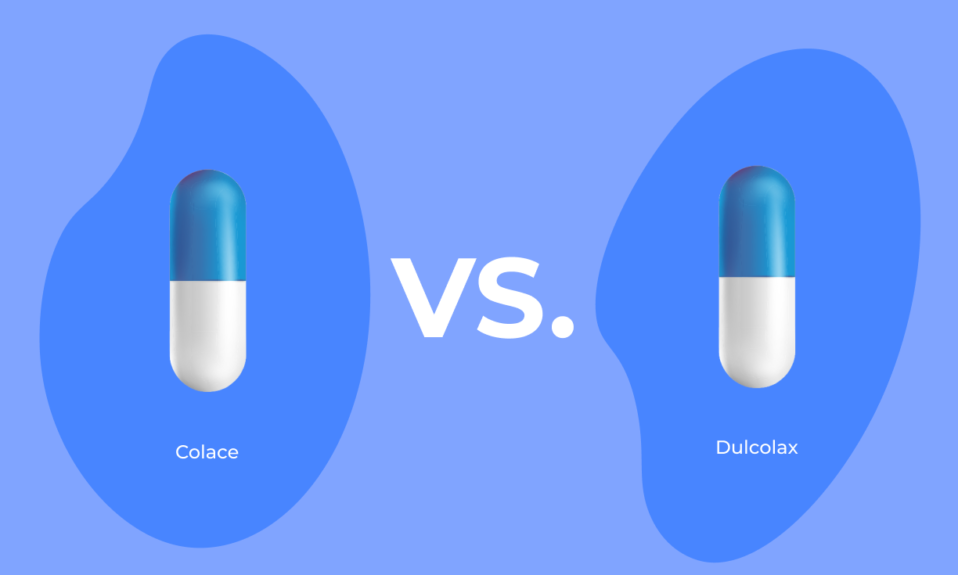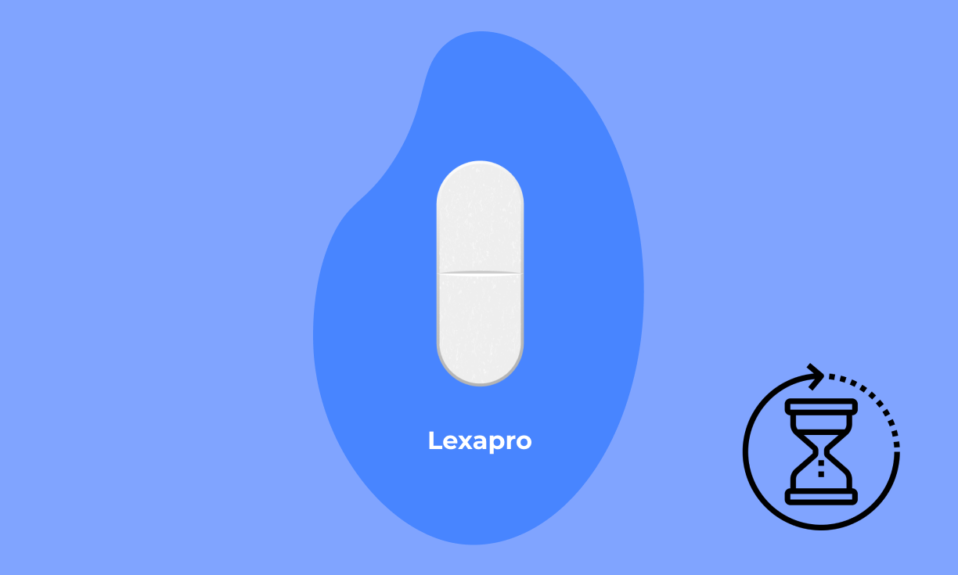Table of Contents Hide
- What is Acid Reflux?
- What is Hypothyroidism?
- What are the Early Warning Signs of Thyroid Problems?
- 1. Can Hypothyroidism Cause Acid Reflux?
- 2. What is the Correlation Between Hypothyroidism and Acid Reflux?
- 3. Can Thyroid Problems Cause Gastritis?
- 4. Is Heartburn a Symptom of Hypothyroidism?
- 5. How Can You Relieve These Symptoms?
- Conclusion
- FAQs
- References
Hypothyroidism causes low levels of thyroid hormones but can also impact various other systems, such as the stomach, reducing acid production and leading to acid reflux. Hypothyroidism affects up to 5% of the general population, with potentially an equal percentage of the population being undiagnosed.
Medical conditions are often not isolated events. Our body is interconnected, and issues with one system can often alter the connected systems. Hypothyroidism is one condition that primarily affects the thyroid gland and its hormone levels and impacts other organs such as the stomach, heart, and liver.
Your thyroid functioning and metabolism are correlated. If one of them malfunctions, the other would get disturbed as well. Scientists have found a correlation between hypothyroidism and acid reflux in patients.
This article will discuss the relationship between hypothyroidism and acid reflux.
What is Acid Reflux?
Acid reflux is a prevalent condition caused by the inappropriate relaxation of the lower esophageal sphincter (LES), causing stomach acid to back up in the esophagus. Our esophagus and stomach are connected directly, and in between these organs is a sphincter called the lower esophageal sphincter (LES). It is a one-way valve that delivers the food from the esophagus to the stomach and keeps the stomach acid and food from backing up.
When LES fails, stomach contents and digestive juices can back up into the esophagus and cause symptoms such as:
- Heartburn, which is a burning sensation in your chest, usually occurs after eating
- Difficulty swallowing called dysphagia
- Regurgitation
- Sour taste
- Burping
- Bloating or stomach fullness
- Upper abdominal pain or discomfort
- Nausea after eating
What is Hypothyroidism?
Your thyroid gland plays a significant role in producing and maintaining hormones needed for your body’s metabolism. These hormones effectively extract and use energy from food products and are thus vital for maintaining energy levels. Hypothyroidism or underactive thyroid disease is an endocrine disorder in which the thyroid does not create and release sufficient thyroid hormone into your bloodstream, resulting in low thyroxine levels.
Hypothyroidism Overview (Video)
The implications of this disorder involve the entire body. It will make your metabolism slow down, decrease your energy levels, make you feel tired, gain weight fast, and render you unable to tolerate cold temperatures.
The symptoms of hypothyroidism include:
- Fatigue
- Increased sensitivity to cold temperatures
- Dry skin
- Constipation
- Muscle weakness, muscle aches
- Puffy face
- Weight gain
- Hoarseness of voice
- Depression
- Menstrual changes
- Infertility
- Insomnia
Check out other informative articles on Thyroid Disorders and other conditions.
What are the Early Warning Signs of Thyroid Problems?
Thyroid problems can manifest in different ways throughout the body. The condition is systemic and affects various organs. Patients suffering from thyroid problems need to know when the symptoms they are experiencing should be immediately checked and treated. These warning signs include:
- Sensitivity to cold
- Sensitivity to heat
- Weight loss
- Weight gain
- Fatigue
- Increased heart rate
- Slowed heart rate
1. Can Hypothyroidism Cause Acid Reflux?
Yes, hypothyroidism can cause acid reflux. Patients with low thyroid hormones can have reduced motility of the gastrointestinal tract which can lead to the backing up of acid into the esophagus, resulting in acid reflux.
2. What is the Correlation Between Hypothyroidism and Acid Reflux?
The relationship between hypothyroidism and acid reflux is not a direct one. It is understood that hypothyroidism decreases gastrointestinal motility, leading to acid reflux symptoms. The condition can lead to hypochlorhydria, a state in which the stomach acid levels are deficient, or achlorhydria in which the stomach acid is absent. So, why is low stomach acid levels bad for a person with acid reflux?
Stomach acid is essential for the proper digestion of food. When the stomach acid levels are low, the food cannot be digested thoroughly, leading to indigestion, acid reflux, or GERD (if acid reflux is chronic). The food that cannot be digested eventually rots and decomposes in the stomach. This rotting, putrefying food will make its way to the small intestine, but the organ rejects it and sends it back. Eventually, this food will go up in the opposite direction, i.e., back up the esophagus.
There is a histological difference between the cells lining the esophagus and the small intestine cells. While the layers of the small intestine are strong enough to endure the acidic effects of the stomach acid, the esophageal layers are not that strong. When stomach contents reach the esophagus, it causes painful heartburn, which patients describe as chest pain with a burning sensation.
Coincidentally, one of the risk factors for developing acid reflux is obesity. Moreover, one of the symptoms of hypothyroidism is weight gain. So weight gain resulting from hypothyroidism can precipitate the symptoms of acid reflux.
3. Can Thyroid Problems Cause Gastritis?
Thyroid problems such as autoimmune thyroid disease or Hashimoto’s disease can cause autoimmune gastritis. Autoimmune gastritis is a chronic inflammatory condition in which antibodies destroy parietal cells of the stomach. Pernicious anemia can occur when these parietal cells are damaged, involving impaired vitamin B12 deficiency and subsequent iron deficiency.
Hashimoto’s disease leads to esophageal motility disorder, which manifests as symptoms of acid reflux such as heartburn, bloating, and sour taste.
4. Is Heartburn a Symptom of Hypothyroidism?
Heartburn is not a direct symptom of hypothyroidism. Instead, heartburn can result from the acid reflux caused by hypothyroidism.
5. How Can You Relieve These Symptoms?
Patients with acid reflux need to check their thyroid hormone levels to screen for hypothyroidism. Similarly, patients with hypothyroidism need to monitor symptoms of acid reflux as it could indicate an underlying GI motility issue.
If you have low thyroid hormone levels and acid reflux, seek medical advice. Your doctor will treat the underlying cause of your symptoms, relieving both the effects of hypothyroidism and acid reflux.
Conclusion
There is a relationship between hypothyroidism and acid reflux though not a direct one. Hypothyroidism decreases gastrointestinal motility, which can lead to hypochlorhydria, a state in which the stomach acid levels are deficient. This can lead to acid reflux symptoms.
If you have acid reflux and think it may be related to your thyroid, check for other symptoms of hypothyroidism. If you do have other symptoms, talk to your doctor. They can test you for overactive or underactive thyroid. If the diagnosis is hypothyroidism, the proper treatment can be prescribed by your healthcare provider. It can lead to improvement in acid reflux as well as other thyroid-related symptoms.
FAQs
Does thyroid affect stomach acid?
Yes, Hypothyroidism contributes to hypochlorhydria, a condition in which the stomach acid is too low. Low stomach acid often causes heartburn, indigestion, or GERD.
Can thyroid problems cause digestive problems?
Yes. An underactive thyroid, known as hypothyroidism, can cause many symptoms like chest pain, low stomach acid, constipation, anemia, and bacterial overgrowth in the small intestine. Therefore, the thyroid gland can have a significant impact on the gastrointestinal system.
Can you take acid reflux medicine with thyroid medication?
You should take your thyroid medication first in order to make sure you are receiving the proper dose from your thyroid medication. The acid reflux medication should be taken about an hour after your thyroid medication.
Please consult your prescriber or pharmacist for the proper dosing instructions. You can find more information on one of the most common thyroid disorder medications, Levothyroxine, here: Uses and Dosage.
Can hypothyroidism cause GERD?
Hypothyroidism decreases gastroesophageal motility, causing symptoms of acid reflux. If the symptoms continue, it can lead to the more severe and chronic form of acid reflux called Gastroesophageal reflux disease (GERD).
What are early warning signs of thyroid problems?
Early signs of thyroid problems include many symptoms such as diarrhea, constipation, mood changes, anger, anxiety, depression, and weight loss or weight gain.
At what age do thyroid problems start?
Thyroid disease can affect anyone. It can be present at birth (typically hypothyroidism) and it can develop as you age (often after menopause in women).
References
https://pubmed.ncbi.nlm.nih.gov/24624302/
https://www.ncbi.nlm.nih.gov/pmc/articles/PMC4087959/
https://www.ncbi.nlm.nih.gov/pmc/articles/PMC2699000/
https://journals.lww.com/jcge/Abstract/2010/07000/The_Thyroid_and_the_Gut.9.aspx




